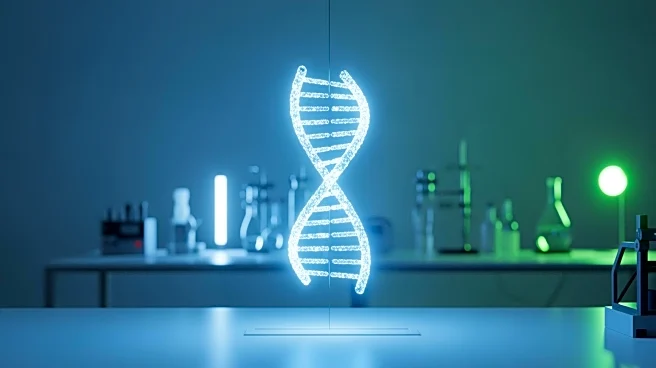What's Happening?
Beginning in 2026, U.S. taxpayers who claim the standard deduction will be eligible for a new above-the-line deduction for cash contributions to qualifying charities. This deduction, limited to $1,000 for single filers and $2,000 for married couples,
will not require itemization. The change is part of the One Big Beautiful Bill Act signed into law by President Trump. Tax planners are advising some taxpayers to delay charitable contributions until 2026 to maximize tax benefits under the new rules.
Why It's Important?
The introduction of this new tax deduction could significantly impact charitable giving patterns in the U.S. By allowing non-itemizers to claim a deduction for charitable contributions, the law aims to encourage more donations to qualifying charities. This change could lead to increased funding for nonprofit organizations, which rely heavily on individual contributions. However, the new rules also introduce complexity, as taxpayers must navigate the timing of their donations to optimize tax benefits. The potential shift in giving patterns could affect the financial planning strategies of both donors and charities.
What's Next?
As taxpayers prepare for the 2025 tax year, they will need to consider the implications of the new deduction rules on their charitable giving strategies. Tax advisors are likely to play a crucial role in helping individuals and families understand the benefits and limitations of the new deduction. Charities may also need to adjust their fundraising strategies to account for potential changes in donor behavior. The impact of these tax changes will become clearer as taxpayers begin to file their 2026 returns and assess the benefits of the new deduction.

















